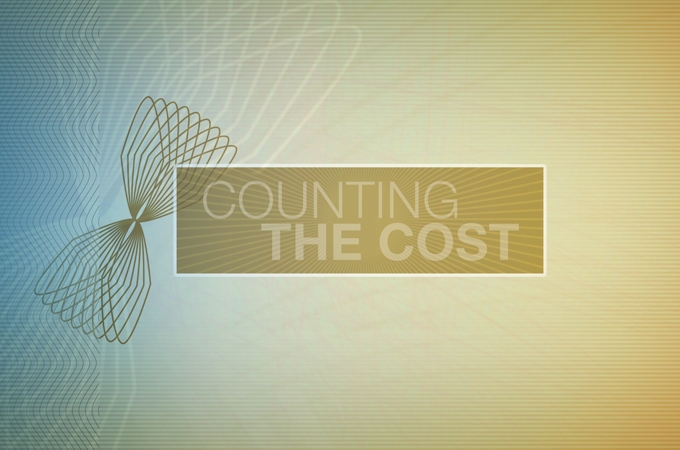
Nigeria: A truly strong economy?
As Nigeria becomes Africa’s largest economy, we ask how violence and a huge wealth gap will impact its progress.
Nigeria, Africa’s most populous nation, is now also the largest economy on the continent.
It leapfrogged South Africa into first place after its GDP was revised up by 89 percent. That represents an economy of about $509bn which, on the face of it, makes Nigeria the big African story.
Keep reading
list of 4 itemsRussia’s Putin eyes greater support from China for Ukraine war effort
India-Iran port deal: A gateway to Central Asia or a geostrategic headache?
India’s income inequality widens, should wealth be redistributed?
The country is the world’s eighth-largest oil exporter, and almost 90 percent of its export earnings are tied to oil. It has the seventh-highest population in the world – 170 million people – but over 80 percent live on less than $2 a day, and most of the wealth is confined to a small urban middle class.
And there is instability: recent attacks in Abuja, which have been blamed on the armed group Boko Haram, have highlighted the increased geopolitical risk that comes with investing in Nigeria.
So what is needed to achieve progress? And is Nigeria a truly strong economy?
Al Jazeera correspondent Yvonne Ndege reports from Lagos. And we speak to Razia Khan, the head of Africa research at Standard Chartered, to put Nigeria’s success story into perspective.
Kenya’s mobile revolution
More than 18 million people in Kenya and Tanzania use their mobile phones to do banking transactions.
The mobile banking revolution that started in Kenya has opened the door to a whole new generation of customers whose very first bank account is accessed purely through their phones. Many now use their mobiles to pay bills, transfer money, get loans, and in a place where agriculture is a bit-part of the economy, even farmers are finding it beneficial.
For the first time, farmers – many with less than five cows – are able to get loans against their milk deliveries, using their mobile phones. It is through a phone application designed by two Kenyans entrepreneurs.
The farmer applies for a loan through a text message with the amount needed. This message goes to a data system run by Umati capital, and once approved, the money is sent to the farmer in less than two days.
For more on this, Al Jazeera’s Catherine Soi reports from Kenya.
Weibo: The ‘Twitter of China’
Weibo, which is Chinese for microblog, is one of the biggest social media platforms in the world. The site has become one of the most widely used in China and could best be described as a hybrid of Twitter and Facebook.
It is said to be accessed by well over 30 percent of China’s internet users with a market penetration similar to that of Twitter in the US.
It was launched five years ago by Sina, a Chinese online media company, and radically changed the way news is spread in China’s highly censored media environment, with photos of protests, star appearances and grievances over government officials making it onto the platform. But it is closely monitored by the Chinese government and engages in its own censorship.
Weibo is based in Beijing, and since its launch it is estimated to have attracted nearly 600 million users. In March it had around 144 million active users, and with that has come recent financial success. Weibo’s revenue almost tripled in a year to $188m.
But will that translate to market success? Craig Leeson reports from Hong Kong.
Watch each week at the following times GMT: Friday: 2230; Saturday: 0930; Sunday: 0330; Monday: 1630. Click here for more Counting the Cost . Follow Kamahl Santamaria @KamahlAJE and business editor Abid Ali @abidoliverali |
